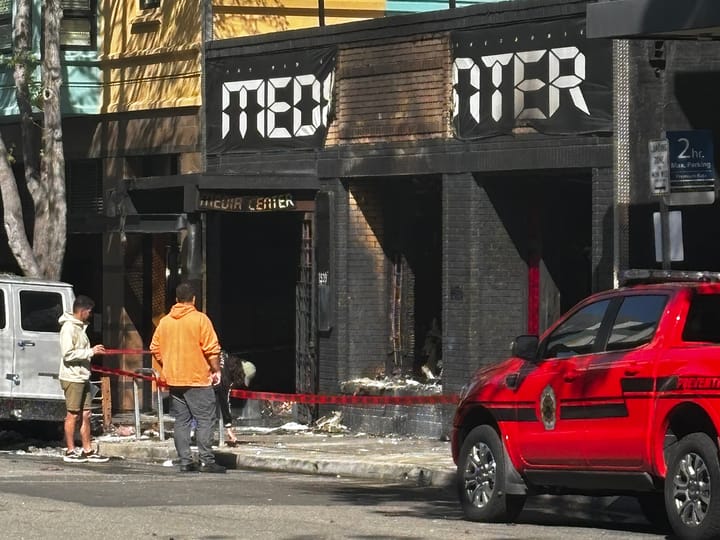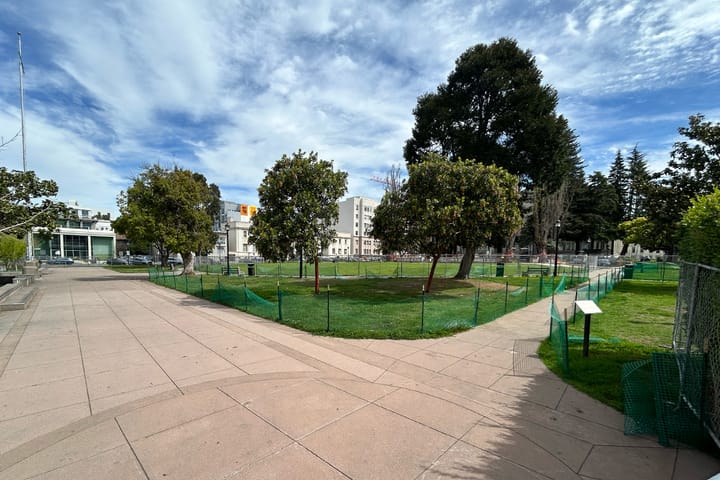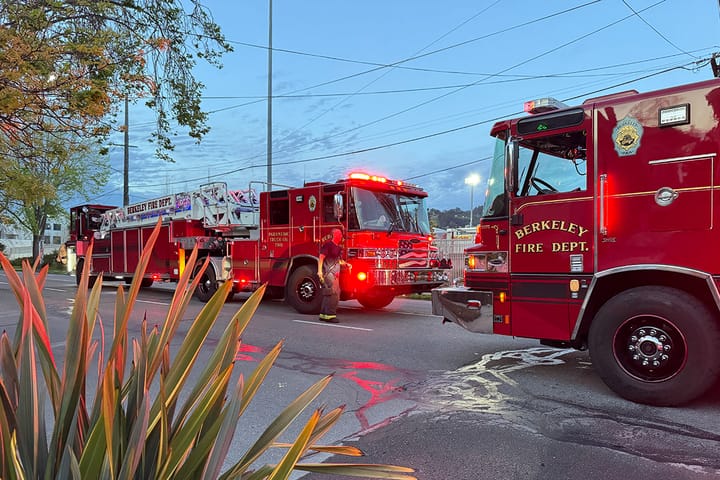Berkeley resources are limited. Our encampment strategy must change: Op-ed
Other cities are ramping up enforcement. Berkeley is not an island and people will continue to come here, Terry Taplin argues in today's op-ed.
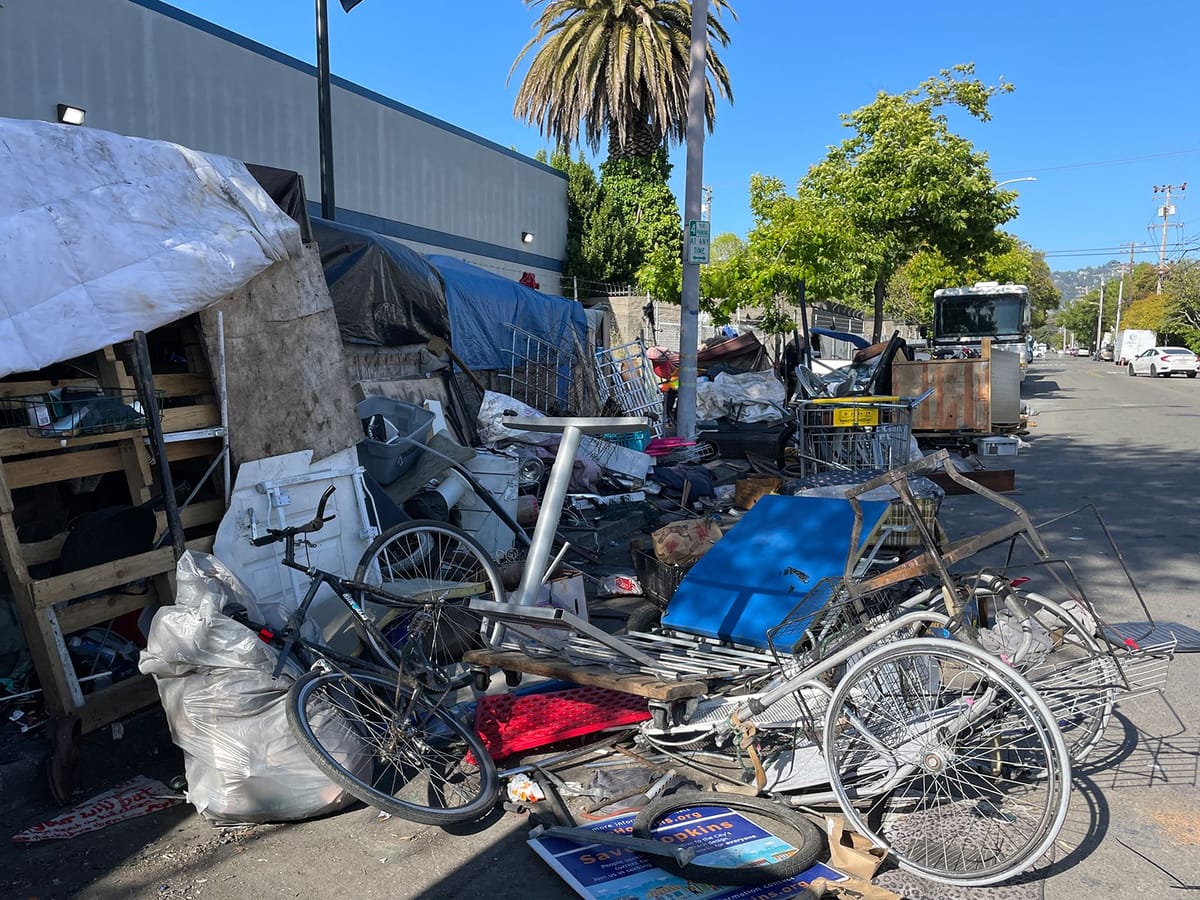
Editor's Note: The Scanner will periodically publish guest essays from community members on issues of interest or concern. Today's piece was submitted by Terry Taplin, a lifelong West Berkeley resident and the City Council representative for Southwest Berkeley (District 2).
The 2024 Alameda County point-in-time study reports an unhoused population in Berkeley of 844 individuals, down from 1,057 in 2022.
Berkeley has 13% of the county’s unsheltered population in a municipality representing 1% of the county’s land area.
This reduction is due to the Herculean efforts of our Neighborhood Services Homelessness Response Team along with Measure O and Measure P.
Here in West Berkeley, we have borne the impacts of unsheltered homelessness and responded in kind with our community's creativity, pragmatism and innovation.
The Horizon Transitional Housing Village, run in partnership with Dorothy Day House, facilitated clearing the I-80 encampments and the relocation of individuals into permanent housing while allowing the city to bring several RVs temporarily off the street through the SPARK safe RV parking program.
Next door in District 1, the city’s Project Homekey sites at the Rodeway Inn and Golden Bear Hotel have provided supportive housing in a non-congregate setting.
Moreover, the Hope Center on Berkeley Way, Step-Up Housing in partnership with BOSS, the city and university’s partnership for permanent supportive housing at 2556 Haste, not to mention additional forthcoming Homekey sites, represent a massive shift from the normalization, demanded by some, of encampments in parks, commercial districts and productive industrial zones to proven housing-centered solutions advocated by many.
Those of us living in and representing neighborhoods singled out for tent cities and RV parking cannot dismiss the material challenges and health and safety risks we've seen at notorious Berkeley encampments, such as Eighth and Harrison, Fifth and Dwight, the former Grayson site and Civic Center Park.
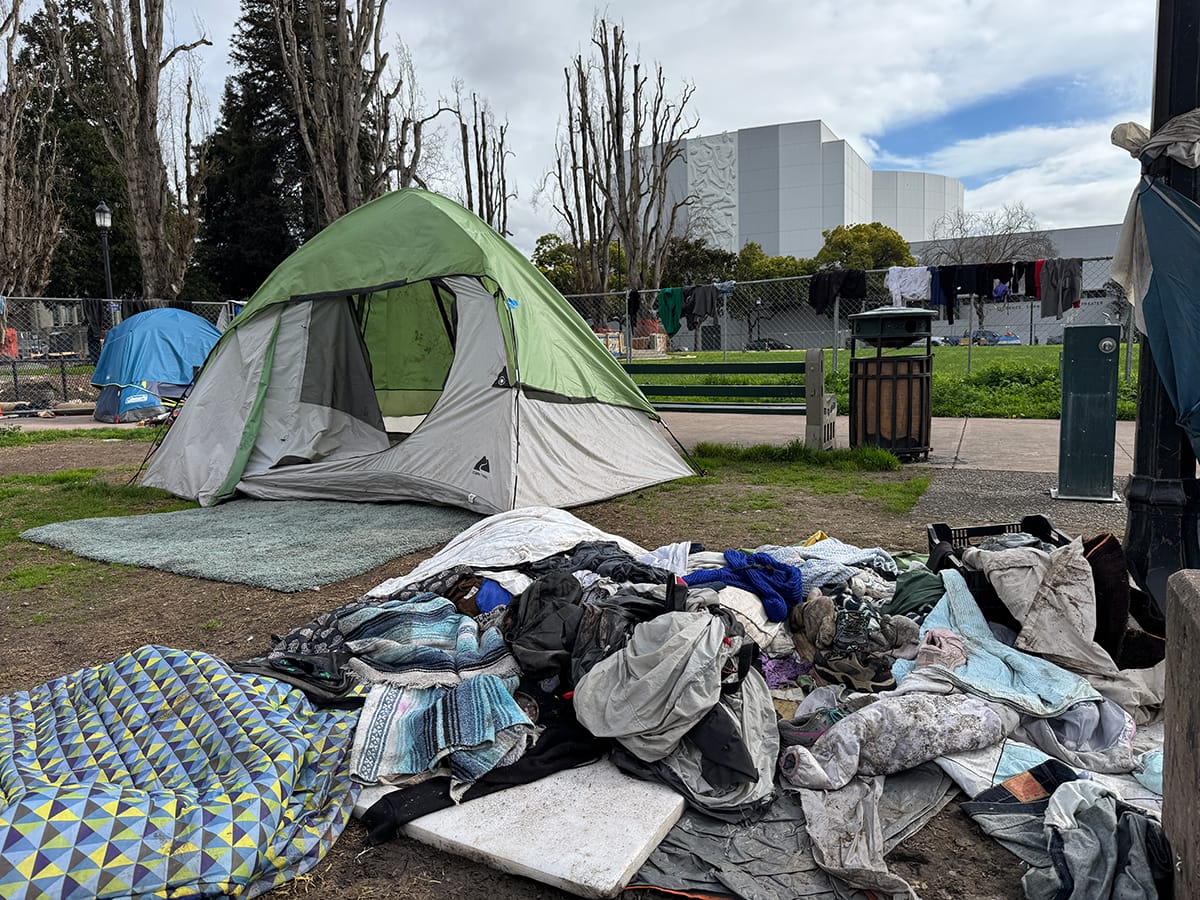
For the last half-decade, my colleagues, in companion districts 1,3 and 4, and I have fielded testimony after testimony of home invasion and property trespass, dog attacks against area employees, stabbings, shootings, vehicle and structure fires, human waste, rodents and illegal dumping.
Whether hazards occur at spontaneous encampments or sites remaining beyond the city’s capacity for maintenance, they impact the surrounding neighborhoods and commercial districts.
What happens when Alameda County’s homelessness crisis surpasses the capacity of Berkeley’s response systems, the state blocks jurisdictions from removing problematic vehicles from the right-of-way, and individuals refuse shelter while surrounding municipalities ramp up enforcement?
I am optimistic that Alameda CARE court will add to our mental health crisis care continuum. I call on our state legislators to amend the Vehicle Code to allow cities to address hazards and follow Sen. Jesse Arreguin’s leadership in supporting SB 692.
However, we must be honest: As our neighbors continue to enforce against encampments and disburden themselves from caring for their local unhoused communities, people will continue to come here.
Measure O is maxed out and Measure P is in deficit. We do not yet know how last year’s Measure W will affect what we can take on.
Nor will our residents, businesses and school communities continue to tolerate the status quo. We must focus our limited resources on what works and forego what is untenable and unsustainable.
"As our neighbors continue to enforce against encampments and disburden themselves from caring for their local unhoused communities, people will continue to come here."
I would love to see Berkeley provide preventative support for seniors, and rehousing and expanded shelter, with wrap-around services and workforce development, for single parents and BUSD students.
Still, there is a single dollar for every thousand ideas.
If Berkeley is to lead, we must leverage our limited budget to access funds and optimize Homekey and supportive housing sites; enable the revenue-generating uses of our commercial and industrial tax bases; help community members access safe RV parking in neighboring jurisdictions with more resources and greater capacity; and no longer tolerate public hazards and misconduct.
The Scanner will periodically publish guest essays from community members on issues of interest or concern. Submit your guest essay ideas to TBS.



